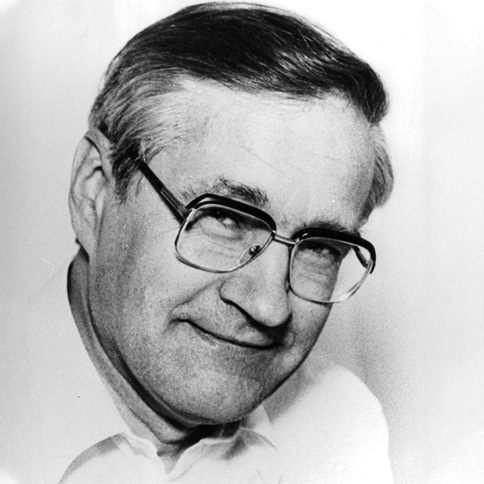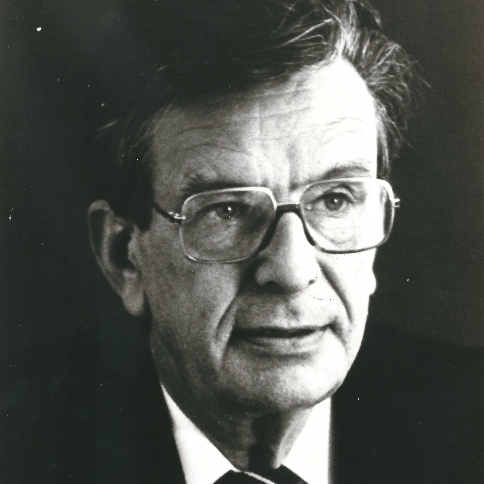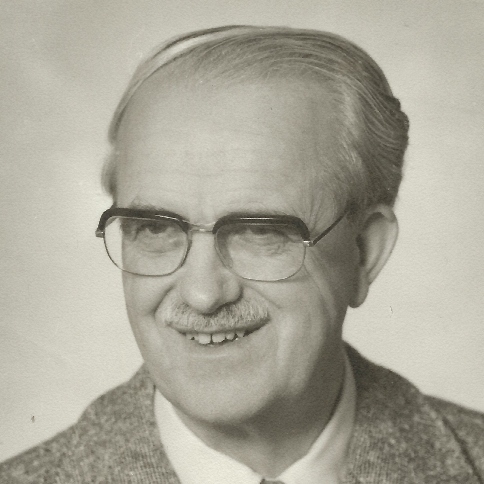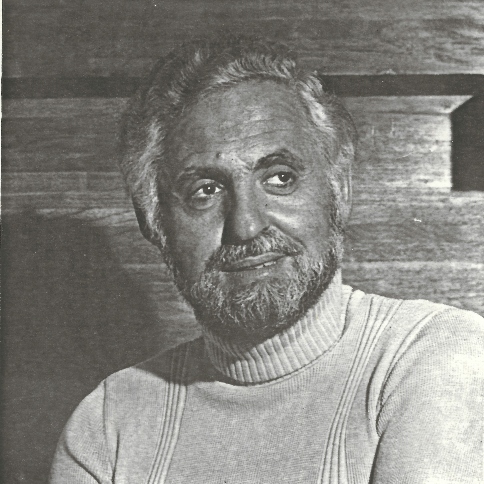
Krzysztof Matyjaszewski
Wolf Prize Laureate in Chemistry 2011

Krzysztof Matyjaszewski
Affiliation at the time of the award:
Carnegie Mellon University, USA
Award citation:
“for exploring the nature of organic solids and their energy profiles, structure and dynamics and for creating new ways to make organic materials, ranging from polymers, to organic-based devices that capture energy from the sun, and light our way in the dark. The researchers have been responsible for groundbreaking conceptual and experimental advances that have helped to create the research field of organic materials”.
Prize share:
Krzysztof Matyjaszewski
Stuart A. Rice
Ching Tang
From wood to walrus tusks, and from amber to sugar, solid materials based on organic molecules are part of the natural world. The interest of the chemical community in such materials goes back to the days of the alchemists. However, the creation of new organic materials, the discovery of their properties, and then the development of new devices based on organic materials, has been one of the great chapters in the annals of chemistry over the past two centuries.
Before organic materials can be used, they must be made. Professor Krzysztof Matyjaszewski (born 1950, Poland) has performed groundbreaking research in synthesis of organic materials, and in particular, in the critical area of controlled, efficient, safe and economical polymer synthesis. He invented the process of atom transfer radical polymerization (ATRP), a versatile and powerful tool, which has permitted the creation of a whole generation of novel polymers and copolymers. Matyjaszewski´s research has provided a means to direct, at will, the structural features of polymer chains through control of their initiation/propagation rates and suppression of chain breaking, thus allowing simultaneous propagation of all polymer chains. He invented new robust initiation systems activated by benign sacrificial systems, such as sugars and ascorbic acid. In addition to these documented academic breakthroughs, Matyjaszewski´s research has also had tremendous industrial impact, due to the simplicity of ATRP and its power to prepare tailor-made macromolecules for materials applications, with unprecedented specificity and efficiency.






























































































